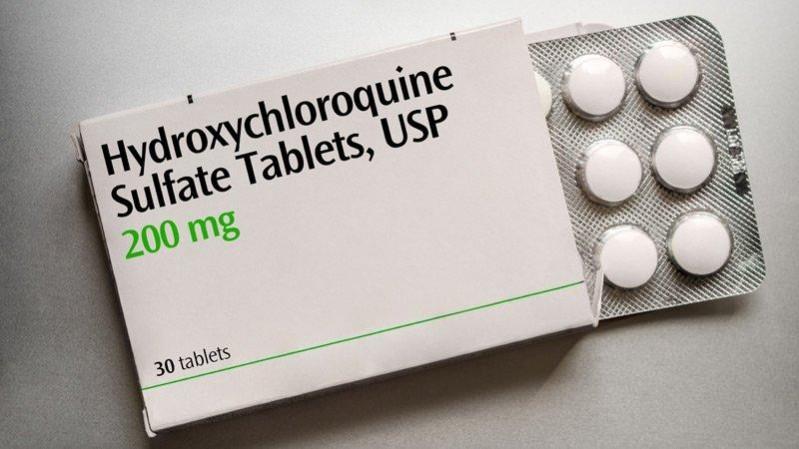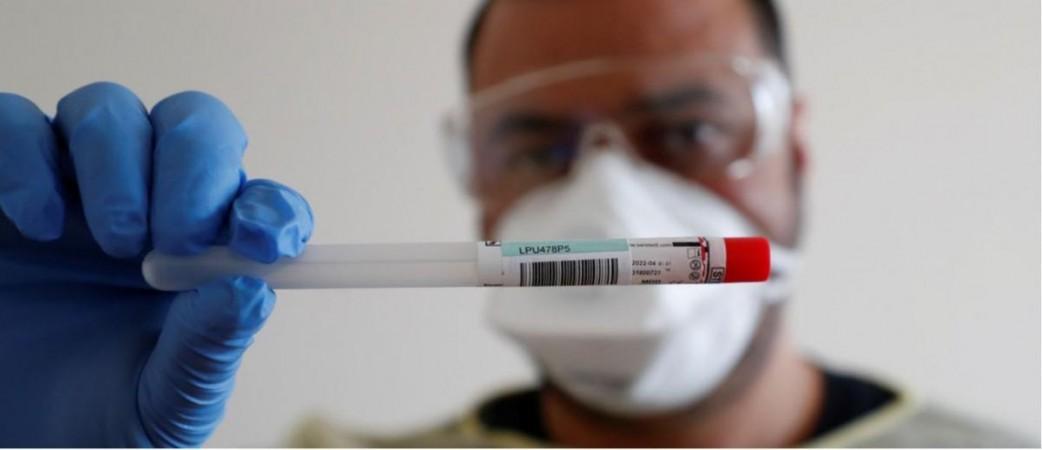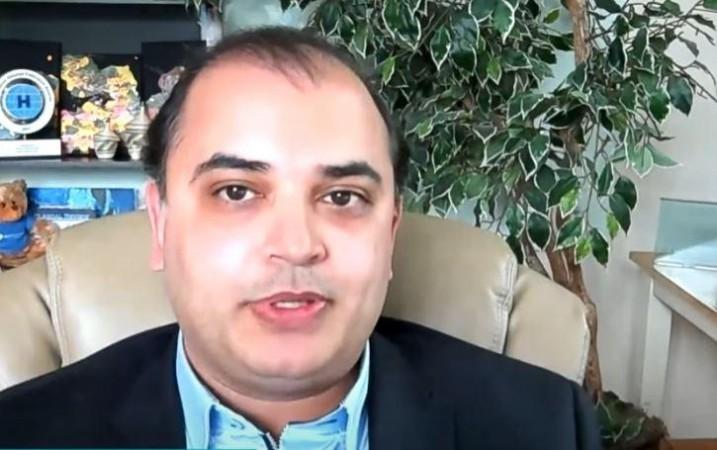Theoretically, everything was going fine. The authors of the Lancet study on the efficacy of the Hydroxychloroquine on COVID 19 patients got the data from one of the largest hospital database firm Surgisphere. The firm was owned by one of the study co-authors, Sapan Desai. The data was exceptionally rich, consisting of information of over 96,000 patients from 621 hospitals around the world.
On the basis of the data, the authors of the study found that not only HCQ is ineffective in treating COVID-19 patients but also causes serious heart problems in patients which can lead to deaths in some cases.
Lancet study findings raised questions about data
The conclusion was in line with the opinions of a section of scientists who found similar results in some clinical trials but preferred to wait for more tests before confirming it. US FDA and CDC were two bodies that too cast doubt on the drug efficacy for treating COVID 19 patients.

On proponent side, US President Donald Trump touted HCQ as an effective drug against COVID 19.
However, when the authors of the Lancet study published their result, it created ripples of caution and doubt in equal measures.
The World Health Organisation (WHO) decided to stall the solidarity trial of hydroxychloroquine quoting the Lancet study. France, Belgium, and Italy also followed the suit and dropped administering the drug to patients in their hospitals.
Others who doubted and pointed out red flags in the Lancet paper, including a large number of patients and hospitals mentioned in the report, demanded an independent review of the data.
Demand for an independent review of the data
Under all-round pressure to review the data used for the study, Lancet retracted the study on account of questionable data used for the study.
Lancet on Wednesday issued the Expression of Concern (EOC) in which it said that data used by the authors of the study could not be independently verified as the company that provided the data would not transfer the dataset for an independent review. The publication said that they "can no longer vouch for the veracity of the primary data sources."

Reputed Indian-American doctors authored the study
Even though an investigation in the matter would reveal more about the findings and the data, it can be noted that the study was authored by three Indian-American doctors and experts.
Reputed cardiologist Mandeep Mehra of Harvard University's Brigham and Women's Hospital (BWH), cardiac surgeon Amit Patel of the University of Utah and HCA Research Institute in Nashville, Tennessee, and Dr Sapan Desai are the authors of 4-member team that conducted the study.
Cardiologist Frank Ruschitzka of the University Hospital Zürich is the fourth member of the team that conducted the study.

Dubious data would fuel the fire
The retraction and the questions surrounding the data indeed opened the field for supporters of hydroxychloroquine to double down on continuing administering the drug for COVID-19 treatment, others, including patients, are still taking a precautionary note.
"The problem is, we are left with all the damage that has been done," says White, a co-investigator on a trial of hydroxychloroquine for COVID-19 prevention that was halted at the request of U.K. regulators, according to Science magazine.
Click here for coronavirus related stories
Headlines proclaiming deadly effects will make it hard to recruit patients to key studies, he says. "The whole world thinks now that these drugs are poisonous."
As the clamour grows for the investigation, here are the details of the company that provided the dubious data:
1. The said data was provided by a little known Chicago-based company, Surgisphere. Sapan Desai, who is also one of the authors of the study, is the owner of the company.
2. According to its LinkedIn page, the company has 11-50 employees and most of them joined the company a few months ago. Surprisingly most of its employees do not have a science or statistical background.
3. In its investigation in the matter, the Guardian reported that one of the employees listed as a science editor appears to be a science fiction writer whose profile suggests that writing is her full-time job. Another employee turned out to be an adult model and event hostess.
4. While it claims to run one of the largest and fastest hospital databases in the world, the company has less than 300 followers on LinkedIn and over 600 on Twitter.
5. Desai has been involved in three medical malpractice suits though unrelated to the Surgisphere. He described the allegations as "unfounded".
6. Desai's firm Surgisphere also provided data for another study in The New England Journal of Medicine (NEJM) on the ACE inhibitor. NEJM too issued EOC on Thursday and later retracted the study.
Desai's Wikipedia page has since been deleted.
There is no evidence how Surgisphere corporation was able to put in data-sharing agreements from so many hospitals in such a short time. It is intriguing because a lot of hospitals worldwide have limited technology. How Surgisphere managed to reconcile different languages, coding system, all while staying within the regulatory and ethical rules is still a mystery.
Though Desai defends the mechanism he used for the collection of the data, there are many who doubt him.
Peter Ellis, the chief data scientist of Nous Group, an international management consultancy that does data integration projects for government departments, expressed his concern in an interview with the Guardian, Surgisphere database was "almost certainly a scam," he said.
WHO reumes HCQ global trial
The World Health Organisation on Wednesday announced that it would resume its global solidarity trial of hydroxychloroquine after its data safety monitoring committee found no increased risk for COVID-19 patients taking the drug.
Currently, around 3500 coronavirus patients have been recruited to the trial in 35 countries.

















